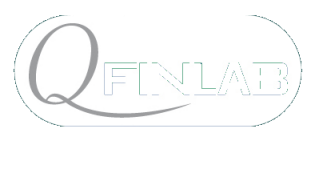QFinLab promotes a series of thematic seminars on climate risk. Climate transformations have a deep impact on economic activity with implications ranging from the definition of green transition policies to the evaluation of financial assets, from the construction of innovative financial and insurance products to risk management, from the design of mechanisms incentive to asset management and much more. Themes that pose intriguing questions to the academic world, involving, those who deal with models to interpret a phenomenon that by its nature is very complex. The activities are organized through a series of double seminars with discussants. The third meeting is scheduled for
March 20, 2025
15.00-17.00
Department of Mathematics- Seminar room- III floor
Andrea Macrina (UCL-London)
Climate-Contingent Convertible Bonds (CloCo) – Seizing the Opportunity to Innovate and Adapt
Adjustments to governmental climate transition policies and uncertainties linked to the ability for industry sectors and consumers to manufacture and purchase low carbon technologies, respectively, have led to an increasing need to embed a richer framework for uncertainty in climate transition outcomes. Such uncertainties create financial risks for firms, their investors, the banking sector, and potentially sovereign risks. The need thus arises for the development of a bespoke pricing setup and financial instruments, which offer a mechanism to share climate transition risk. As an example, we propose the so-called climate-contingent convertible (CLoCo) bond. This instrument enables firms to reduce the risk of default due to adverse climate transition policies over the product’s lifetime and to respond to new investment opportunities by freeing up capital supporting more financial agility. The proposed financial innovation implies reduced risk of default for firms, thereby increasing the expected
firm value, but it also reduces the dependency of firm failures on the banking sector and potential bail-out costs incurred by sovereign nations.
Joint work with C. Cormack
Discussant: Emilio Barucci (Politecnico di Milano)
Luca Regis (Università di Torino)
Coordinating Dividend Taxes and Capital Regulation
We study the impact of state-contingent dividend taxes (and bans) and capital regulation on a firm’s optimal strategy and value. In the model, the firm generates stochastic income under time-varying macroeconomic conditions. Its manager distributes dividends and issues costly equity to maximize shareholder value. We solve the manager’s stochastic control problem and derive the firm’s reserve distribution in closed form. Imposing dividend taxes (or bans) during crises generates a trade-off, as it encourages reserve accumulation in bad states but promotes payouts in good ones. Also, the policy undermines financial stability by reducing the firm’s value and its recapitalization incentives across states. Coordinating dividend taxes with counter-cyclical capital regulation can mitigate value losses and ameliorate the trade-off, but it also creates additional recapitalization disincentives.
Joint work with Salvatore Federico and Andrea Modena
Discussant: Alessandro Calvia (Politecnico di Milano)
This event has been (partially) supported by MUR, Department of Excellence 2023-27

